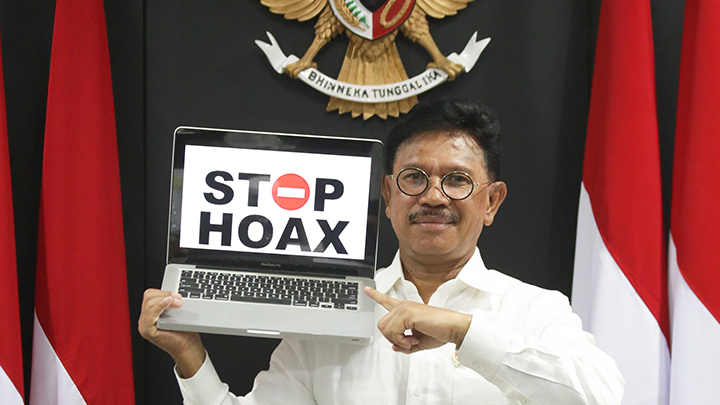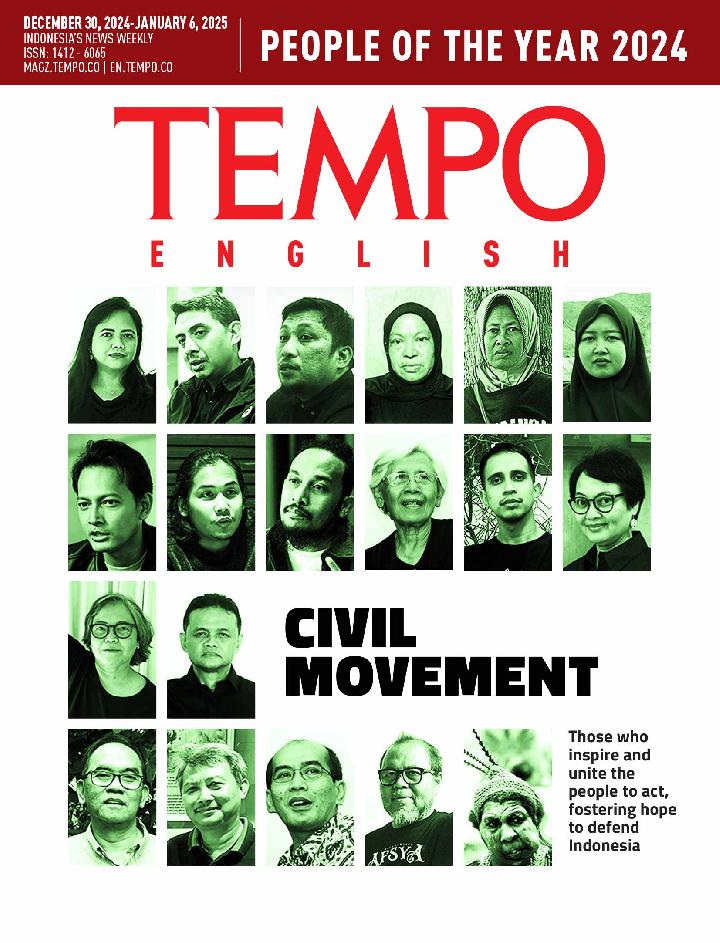Johnny Gerard Plate, Communication and Informatics Minister: Don’t Hinder Digital Transformation
Monday, July 27, 2020
arsip tempo : 173578830763.

THE migration process from analog to digital television will largely depend on how smoothly the job creation bill deliberations will go down. “The migration from analog to digital broadcasting is included in the omnibus law,” Communication and Informatics Minister Johnny Gerard Plate told Tempo, Friday, 3 July.
Johnny, 63, said that the growing disruptive technology trends have made the switch to the digital broadcasting—a
...
Subscribe to continue reading.
We craft news with stories.
 For the benefits of subscribing to Digital Tempo, See More
For the benefits of subscribing to Digital Tempo, See More








